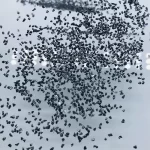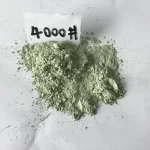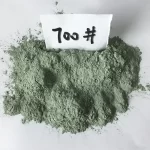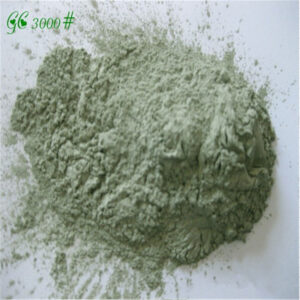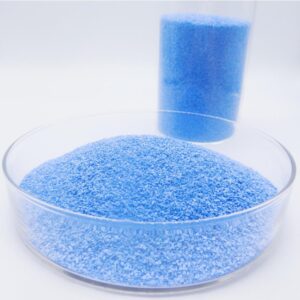Conventional black silicon carbide grit does not need pickling.
However, if the customer has special needs, such as improving purity, improving performance, or meeting the standards of a specific industry. For example, in the semiconductor or advanced ceramic industry, the purity requirements are very high, and pickling may be more necessary. Our factory can also provide pickled black silicon carbide sand. Pickling can remove metal impurities and improve chemical stability, but it will also increase costs and steps, so pickled black silicon carbide grit is more expensive than conventional ones.
Purpose of pickling:
Remove impurities: Black silicon carbide may be mixed with metal particles (such as iron), oxides or other mineral impurities during smelting or crushing. Pickling (commonly used hydrochloric acid, sulfuric acid or hydrofluoric acid) can dissolve these impurities and improve purity.
Improve performance: High-purity silicon carbide is more stable in electronics, semiconductors or precision ceramics, and pickling can reduce the impact of impurities on the electrical and thermal properties of the material.
Surface cleaning: Pickling can remove the surface oxide layer or attachments to make the particle surface more uniform.
Situations where pickling is required
High purity requirements: Pickling is a necessary step for semiconductors, photovoltaics, high-end ceramics or precision grinding.
High iron content: If there are more metal impurities (such as ferromagnetic substances) mixed in the raw materials or during the production process, pickling can significantly improve the quality.
Specific industry standards: Some industries (such as electronic grade silicon carbide) have strict restrictions on impurity content, and pickling is a standard process.
![]()

